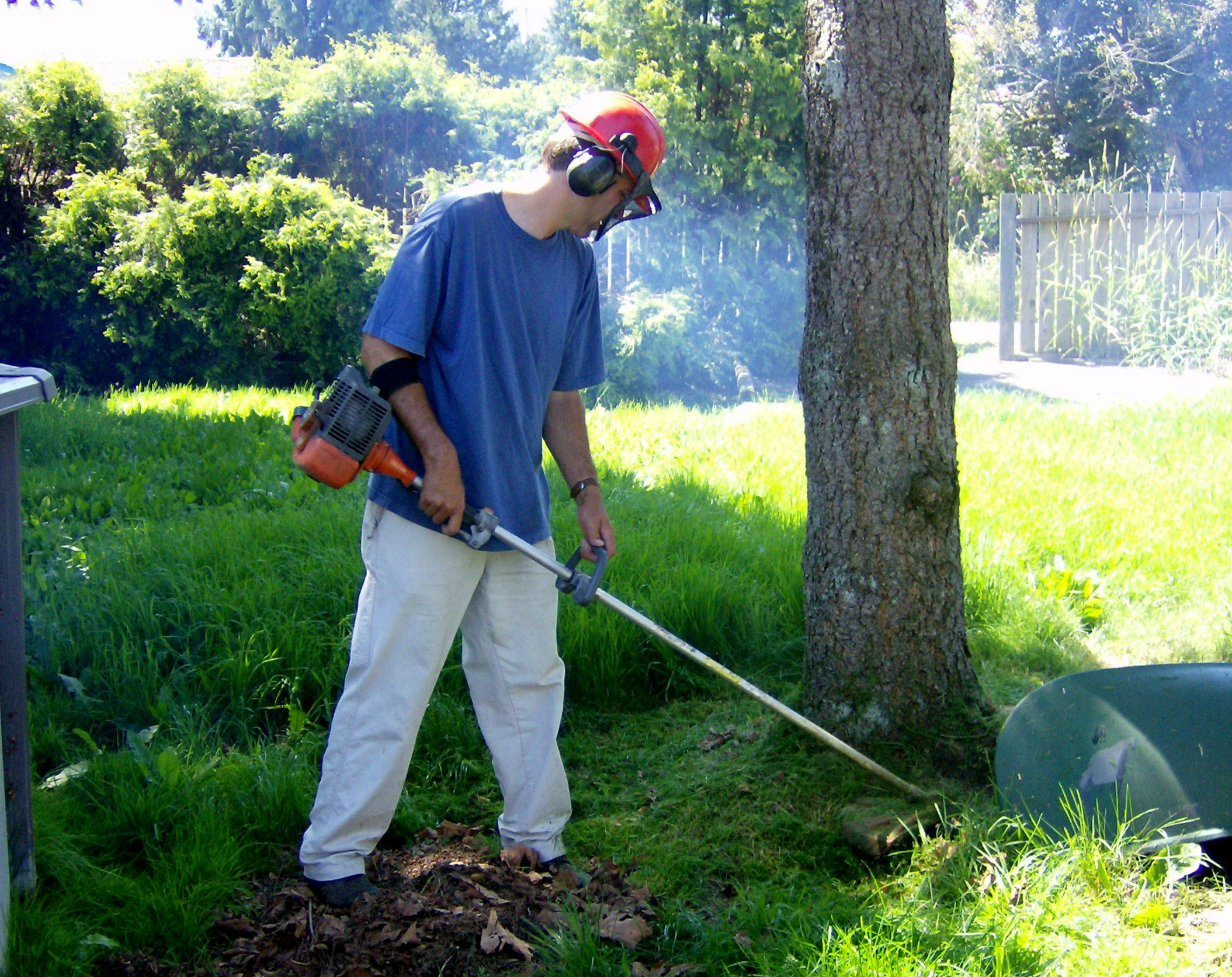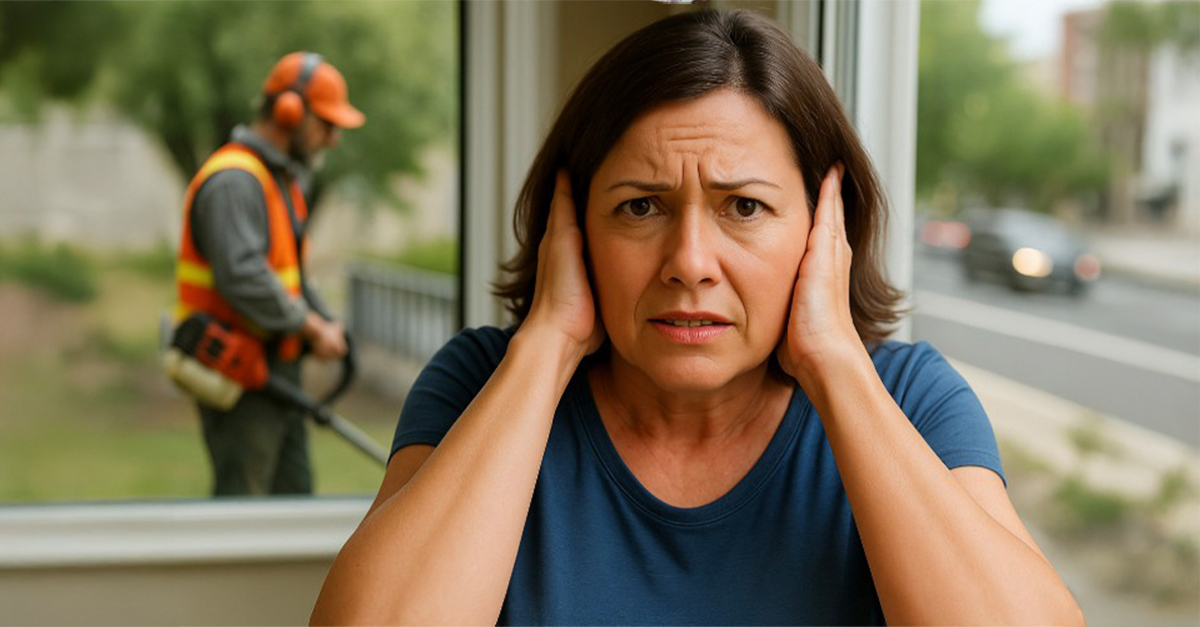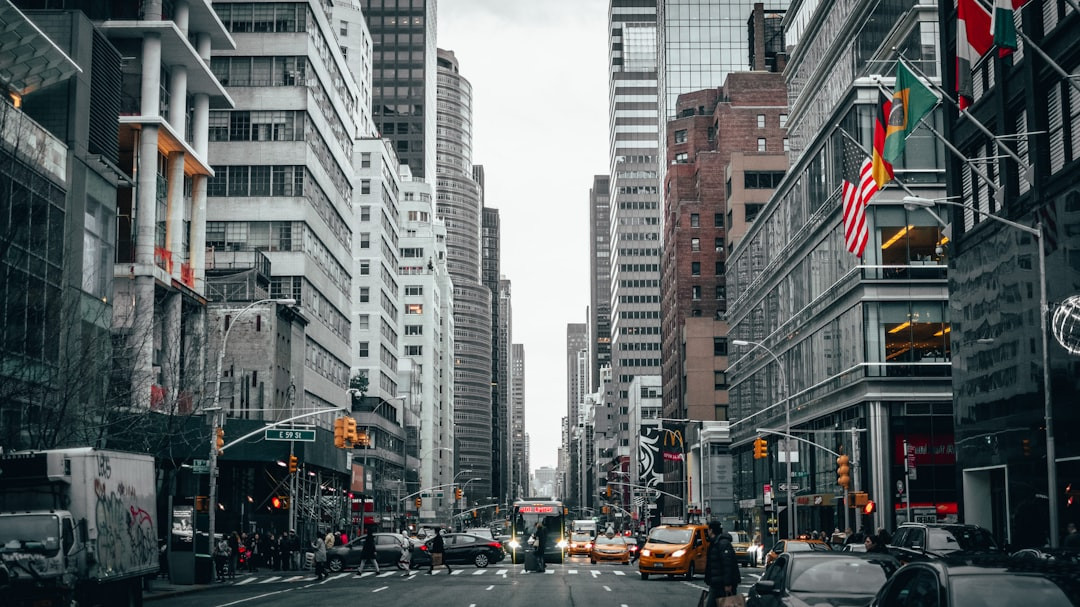Noise is an invisible pollutant that often goes unnoticed but has significant effects on physical and mental health. From city traffic and construction to constant background hums, excessive noise exposure is linked to stress, hearing loss, and even cardiovascular issues. Understanding the dangers of noise pollution and learning how to minimize its impact can greatly improve overall well-being.
Noise Pollution: What Is It Good For?
Noise pollution refers to unwanted or harmful sounds that interfere with daily activities, rest, or comfort. Common sources include transportation systems, industrial activities, and household appliances. While noise levels can go up and down, continued exposure to sounds above 70 decibels, like heavy traffic, for example, can cause irritation in the moment and health problems in the future.
Health Risks Of Chronic Noise Exposure
Noise pollution affects the body in subtle but harmful ways. Continuous loud noise triggers stress responses, elevating cortisol levels and blood pressure. Over time, this can increase the risk of heart disease and stroke. It also disrupts sleep patterns, leading to fatigue, impaired concentration, and lowered immunity. Children exposed to high noise levels may experience delayed language development and learning difficulties.
Noise And Mental Well-Being
Beyond physical health, noise pollution has a major effect on mental wellness. Ongoing loud noise leads to irritability, anxiety, and depression. Even low-level background noise, like humming electronics or boisterous conversations, can mentally tire you out by overloading the brain’s auditory processing system. You need intervals of quiet in order to restore focus and mental equilibrium.
Recognizing When Noise Becomes Harmful
While occasional loud sounds are unavoidable, consistent exposure to high decibel levels—above 85 decibels—should be taken seriously. This is roughly the level of heavy city traffic or a lawn mower. If you need to raise your voice to be heard, the environment may already be harmful. Using sound-level meter apps can help you gauge noise levels in your surroundings.
Practical Ways To Get Rid Of Unwanted Noise
Start by controlling the noise you can. Keep televisions, music, and electronic devices at moderate volumes. Invest in soft furnishings like rugs, curtains, and upholstered furniture, which absorb sound and reduce echo in your home. For those who live in noisy urban areas, sealing gaps in windows and doors or adding weather stripping can block outside noise.
Ear Protection And Noise-Canceling Devices
If there’s no way to get away from the noise, use protective equipment. Foam or silicone earplugs greatly reduce noise exposure, especially at work or at concerts. Noise-canceling headphones are great for blocking background sounds while working or commuting. For people who are extra sensitive to sound, white noise machines can mask annoying sounds with steady ambient noise.
Make Quiet Zones In Your Routine
Designating “quiet times” through your day can help your mind and body reset. Activities like meditation, reading, or walking in nature will give you a precious window of silence. Scheduling these quiet times, especially before bedtime, can improve your sleep quality and dial down stress. If you work from home, a dedicated, soundproofed workspace will make a massive difference in your noise and stress level.
 David R. Yeo (user Dryeo), Wikimedia Commons
David R. Yeo (user Dryeo), Wikimedia Commons
Community And Policy Solutions
Noise pollution is commonly a collective issue for the community. Throw your support behind local regulations limiting nighttime construction, cutting traffic noise, and creating quiet public spaces. You can also back initiatives for electric vehicles, which operate more quietly. On a personal level, be aware of your own noise output. Turn down your stereo or only run appliances at certain times. This will help build a healthier soundscape.
Protecting Your Hearing Is Protecting Your Health
Noise pollution is invisible, but its effects are far-reaching. By recognizing harmful noise levels and reducing or eliminating them, you can save your hearing, improve your mental health, and bring about a better quality of life. A quieter environment give you peace of mind, and a better sense of health and well-being.
You May Also Like:
How Meditation Can Change Your Life









